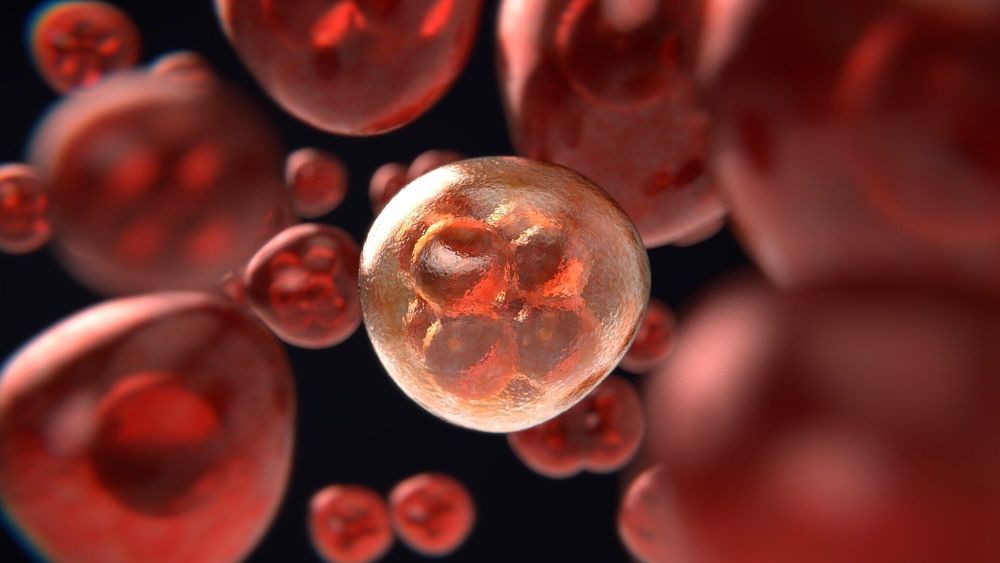Analysis revealed that variants in the HMGCR gene region, which represent proxies for statin treatment, were associated with overall cancer risk, suggesting that statins could lower overall cancer risk.
Cholesterol-lowering drugs called statins may reduce cancer risk in humans through a pathway unrelated to cholesterol, says a study published today in eLife.
Statins reduce levels of LDL-cholesterol, the so-called ‘bad’ cholesterol, by inhibiting an enzyme called HMG-CoA-reductase (HMGCR). Clinical trials have previously demonstrated convincing evidence that statins reduce the risk of heart attacks and other cardiovascular diseases. But evidence for the potential effect of statins to reduce the risk of cancer is less clear.
“Previous laboratory studies have suggested that lipids including cholesterol play a role in the development of cancer, and that statins inhibit cancer development,” explains lead author Paul Carter, Cardiology Academic Clinical Fellow at the Department of Health and Primary Care, University of Cambridge, UK. “However, no trials have been designed to assess the role of statins for cancer prevention in clinical practice. We decided to assess the potential effect of statin therapy on cancer risk using evidence from human genetics.”










Comments are closed.